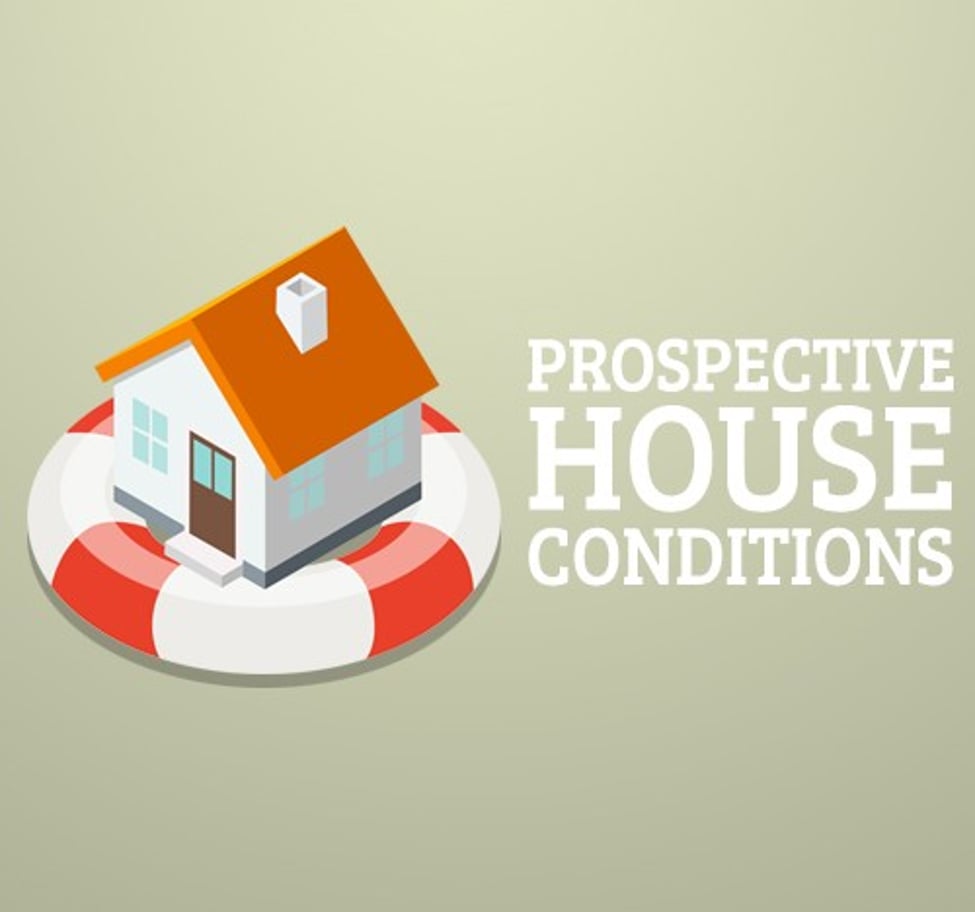When viewing a home there are some very important things to look out for, the primary one being the condition of the property.
Is the Home Structurally Sound?
Walk around checking the walls and ceilings for big cracks. Hairline cracks are to be expected in some places. Make sure you check the exterior for cracks. Cracks could be a sign that the property is not structurally sound. Points at which extensions join are good places to look, as cracks often occur there.
Also look for loose or broken tiles on the roof or broken guttering, evidence of damage to the drywall and weaknesses on the floors.
Any signs of a problem anywhere on the structure of the property should be questioned about what caused it.
How long has it been like that?
Will it be fixed?
Furniture or accessories like rugs could be hiding wall cracks or problems with the floor, so again, don’t forget to look behind furniture or move them around if necessary.
You might love the house, but if you see major cracks or any of the walls look like they are bowing, you should have a structural engineer come in and take a look.
Watch out for Mold
Mold is a major problem that could cost you a lot to fix. Don’t just try to look for it, use your nose as well.
Mold frequently gives off a musty smell, even when there are no visible signs.
Plaster that’s flaking, watermarks on walls or ceilings, even a fresh coat of paint in a particular section of a room could all be an indication of mold.
Don’t forget to examine the ceiling and around the skirting boards properly for evidence of leaks or water damage.
Heating, Air Conditioning and Electrics
Other aspects to consider when looking at the general condition of the property are the heating and air conditioning systems.
Have an expert assess that they are the appropriate models and capacity, and that they are working properly.
Check the fuse box, it shouldn’t be old or outdated, must be easily accessible, and in good working condition. Ensure wiring was done properly. You don’t want to spend a fortune rewiring the home to bring it up to a standard.
Consider if there are enough power outlets and if they are in good condition.
Basements and Attics
Also check the attic for water problems, look for water damage or leaks that may have affected the insulation, walls and ceiling of the attic. And while you’re at it, make sure that the insulation is adequate for where the property is located.
In the basement, look for evidence of moisture problems in the home. Is there water leaking onto the floor or water around the foundation? There should be no cracks in the basement walls and any wood such as those in exposed beams should be in good condition with no rot.
Pipes and Taps
Check that the plumbing is up to date. Run taps to ensure they work properly and the water pressure is strong enough. Exposed pipes in unheated areas should be insulated, as frozen pipes will eventually cause water damage.
It is particularly important from a health perspective to ascertain that the pipes are not lead. If they are, you will need to replace them. Also, find out where the hot water tank is located. If it is on the roof you may need to replace it, as it is probably an old tank.
Exterior
Check for evidence of water around the foundation which may indicate drainage issues.
The ground should slope away from the foundation. If there is a porch, it should have a foundation and not simply sit on soil. Check that driveways or any walkways leading up to the house do not have cracks and are not crumbling.
Check that the siding of the home is in good repair. Take a look at the landscaping on the property as well. It shouldn’t be unkempt and unsightly, as that can indicate a lack of care.
The sprinkler system should be in proper working condition. If there is a deck, ensure there’s no decay or damage from termite or beetles.
Property History
Don’t just settle for the information contained in the customer copy of listings. Ask your agent for more detailed info.
How long has the property been on the market?
Was it previously listed, withdrawn and relisted for a lower price?
These kinds of questions can help you decide how much to offer.
You also need other detailed information on the property, most of which will be available from the public records.
Public records will show you the name of the owner, original age of the home, mortgage history, parcel number, previous sales of the property, property deeds and any judgments or liens filed against the seller.
Information about how much the property taxes are and whether they are paid or in arrears will also be available in the records.
You will also be able to see if there were permits obtained to make improvements on the home. These permits could complicate the sale of the property.
Do not skip this search, because it reveals important information about the property you are interested in and could save you money.
You can get all of this information through your agent if you’re using one, since most agents subscribe to services that give them access to such data.
If you are not using an agent, then you can obtain this information through a local title company or you can order them online for a small fee.


